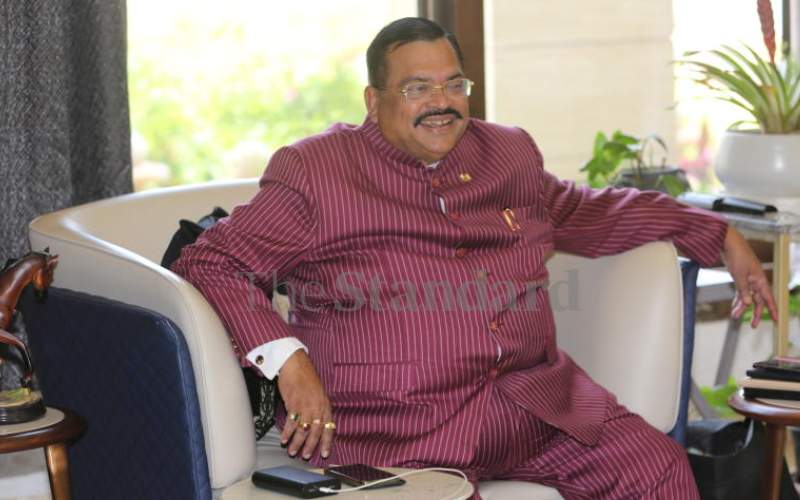×
The Standard e-Paper
Kenya’s Boldest Voice

First-time Kesses MP and proprietor of Mediheal Hospital, Dr Swarup Mishra. [Peter Ochieng, Standard]
It would seem as though he bluffed his way through life. He is serious and not-so-serious at the same time. But his success as a businessman, academic and politician is the stuff of serious plotting and scheming with a good dose of luck.